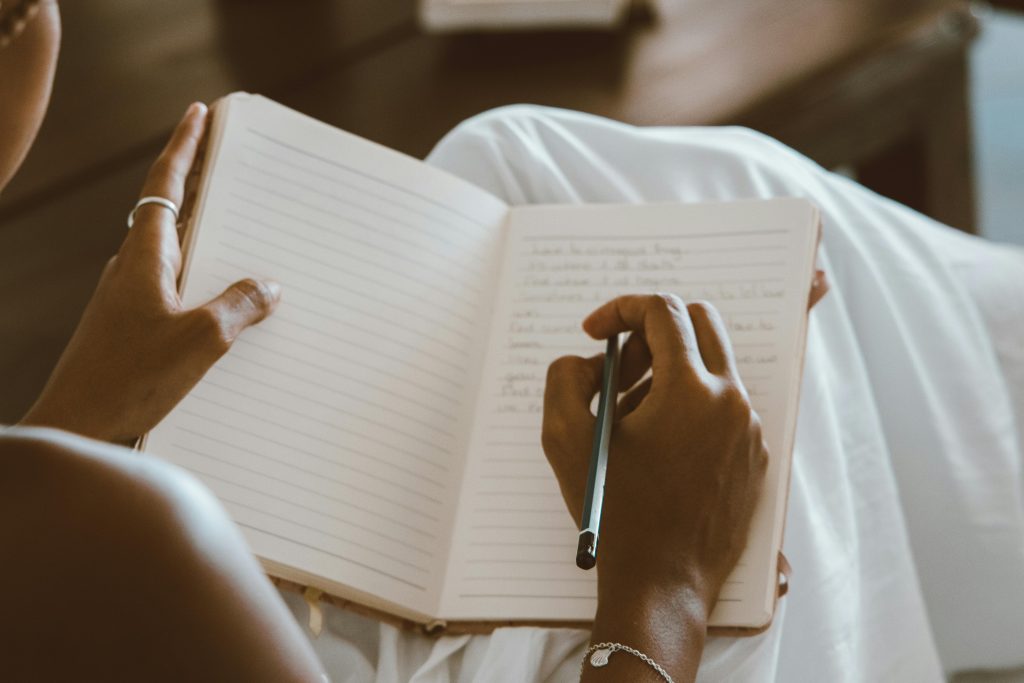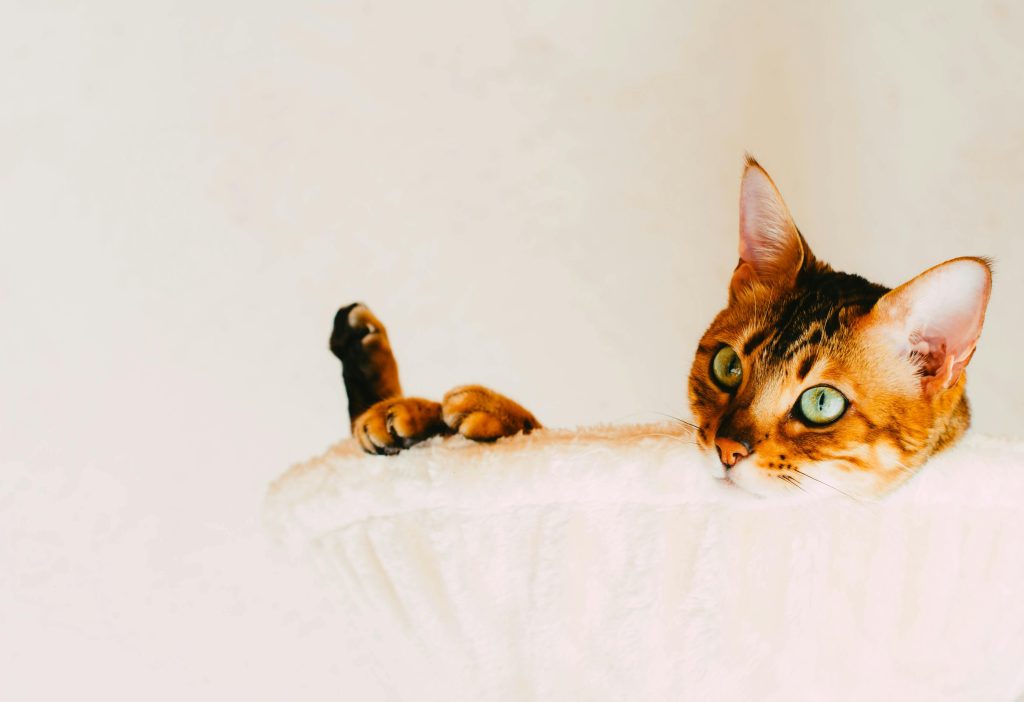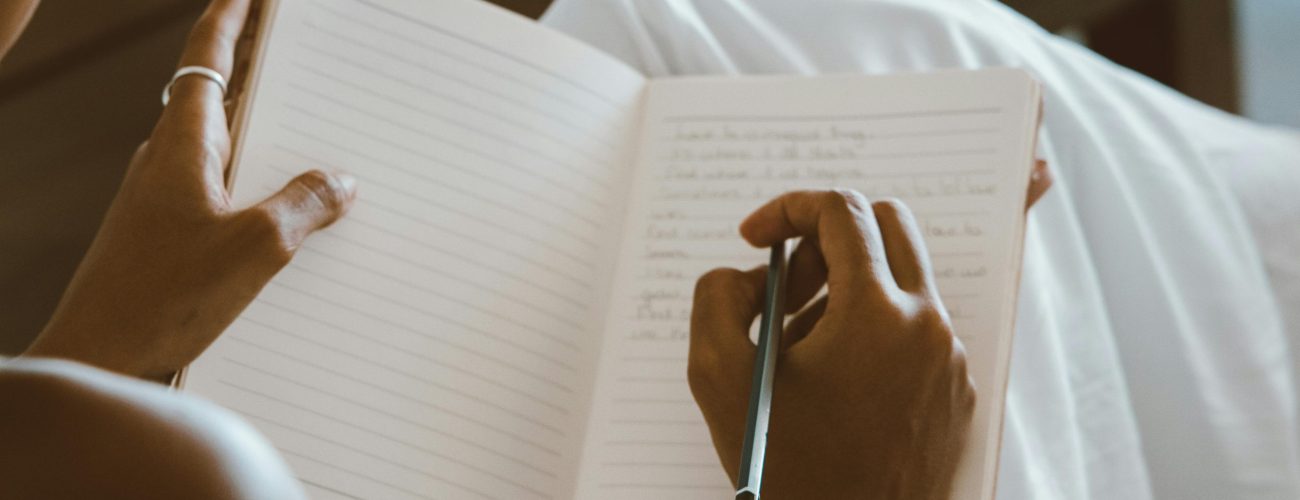Introduction
Creativity isn’t just for artists or designers—it’s a vital skill that fuels problem-solving, innovation, and personal growth. Whether you’re brainstorming for a business, writing content, or finding new ways to approach everyday challenges, the ability to tap into your creative side daily can lead to breakthroughs in both your professional and personal life.

But creativity doesn’t always show up on demand. Like a muscle, it needs regular engagement to grow stronger. In this article, we’ll explore simple yet powerful techniques to help you unlock your creative potential every day, even if you don’t consider yourself a “creative” person.
Why Creativity Matters in Everyday Life
Creativity isn’t just about painting or writing—it’s about approaching problems, ideas, and decisions in original and meaningful ways.
Daily benefits of creative thinking:
- Improved problem-solving
- Enhanced focus and mental clarity
- Greater adaptability and resilience
- Increased job satisfaction and innovation
- More joy and personal expression
Whether you’re running a business, parenting, or pursuing a passion project, creativity helps you think differently and act more intentionally.
How to Tap Into Your Creative Side Every Day
1. Start With a Morning Mind Dump
Begin each day by writing down whatever’s on your mind—no filter, no structure.
Why it works: This clears mental clutter and primes your brain for fresh ideas.
How to do it:
- Set a timer for 5–10 minutes
- Use pen and paper or a digital note app
- Let thoughts flow without judgment
This simple practice is inspired by Julia Cameron’s “Morning Pages” and is widely used by writers, entrepreneurs, and creatives alike.
2. Create a Mini Daily Challenge
Give yourself one small creative task per day—it doesn’t have to be major.
Examples:
- Write a short poem or social caption
- Take a photo from a unique perspective
- Sketch an idea or mind map
- Come up with five unusual uses for a common object
These micro-challenges keep your brain nimble and train you to see the world from new angles.
3. Change Your Environment Regularly
Shifting your surroundings can stimulate new thinking patterns.

Try this:
- Rearrange your workspace
- Take your laptop to a park or café
- Use different colors, scents, or lighting during your creative time
Your brain responds to sensory changes by forming new associations—great fuel for original thinking.
4. Practice “Deliberate Daydreaming”
Allow your mind to wander intentionally. It might sound counterproductive, but it’s a proven method for generating fresh ideas.
How to do it:
- Step away from screens
- Go for a walk, fold laundry, or do something repetitive
- Let thoughts flow without controlling them
This relaxed state often leads to unexpected insights and breakthroughs.
5. Consume Creatively, Not Just Passively
What you consume affects what you create. Seek inspiration from diverse, unexpected sources.
Go beyond your industry:
- Read fiction, listen to new genres of music, watch international films
- Explore art, philosophy, or history
- Engage with people outside your usual circle
Cross-pollinating ideas from different disciplines fosters originality.
6. Keep a Creative Notebook or App
Document ideas, thoughts, quotes, or visuals that spark interest.
Tools to try:
- Analog: A simple notebook or sketchpad
- Digital: Notion, Evernote, Apple Notes, Google Keep
Revisiting past ideas often triggers new ones—and stops you from starting from scratch each time.
7. Limit Distractions and Embrace Boredom
Creativity thrives in moments of quiet. But our always-on culture often robs us of those moments.

Try this:
- Schedule tech-free time
- Leave space between meetings
- Avoid filling every pause with a scroll
Boredom forces the brain to entertain itself—and that’s when creativity often kicks in.
Tools to Support Daily Creativity
| Tool | Purpose |
|---|---|
| Notion | Organise thoughts, ideas, and tasks in one place |
| Brain.fm | Focus-enhancing music to support creative flow |
| Canva | Easy design platform for visual projects |
| Prompt generators | Writing and idea prompts (e.g., Reedsy, ChatGPT) |
| MindMeister | Mind mapping tool to explore and organise ideas visually |
Overcoming Common Creative Blocks
| Block | Solution |
|---|---|
| “I don’t have time” | Start with 5–10 minutes daily—small steps add up |
| “I’m not creative” | Everyone is creative—start by noticing, not judging |
| “I run out of ideas” | Recycle old ones, remix others, or use prompt tools |
| “I’m stuck” | Step away, change tasks, or seek feedback |
The key is not to eliminate blocks entirely—but to keep moving despite them.
Real-World Example: Daily Creativity in Action
Person: Marketing Manager at an Australian tech company
Challenge: Struggled with writing engaging copy and developing campaign ideas
Approach:
- Started each morning with 10 minutes of freewriting
- Subscribed to a “creative prompt of the day” newsletter
- Took a photo walk once a week to spark visual thinking
- Created a content idea database using Notion
Results:
- Faster content creation process
- More original campaign concepts
- Increased engagement rates on email and social media campaigns
This simple shift in daily routine unlocked new creative momentum that directly impacted business outcomes.
Conclusion
Tapping into your creative side daily doesn’t require hours of free time or a studio full of art supplies. With simple, consistent habits, you can cultivate everyday creativity that improves problem-solving, deepens self-awareness, and drives innovation—both personally and professionally.
Start with just one strategy and build from there. Creativity is a habit, not a talent. The more you practice, the easier it becomes—and the more you’ll surprise yourself with what you’re capable of.
